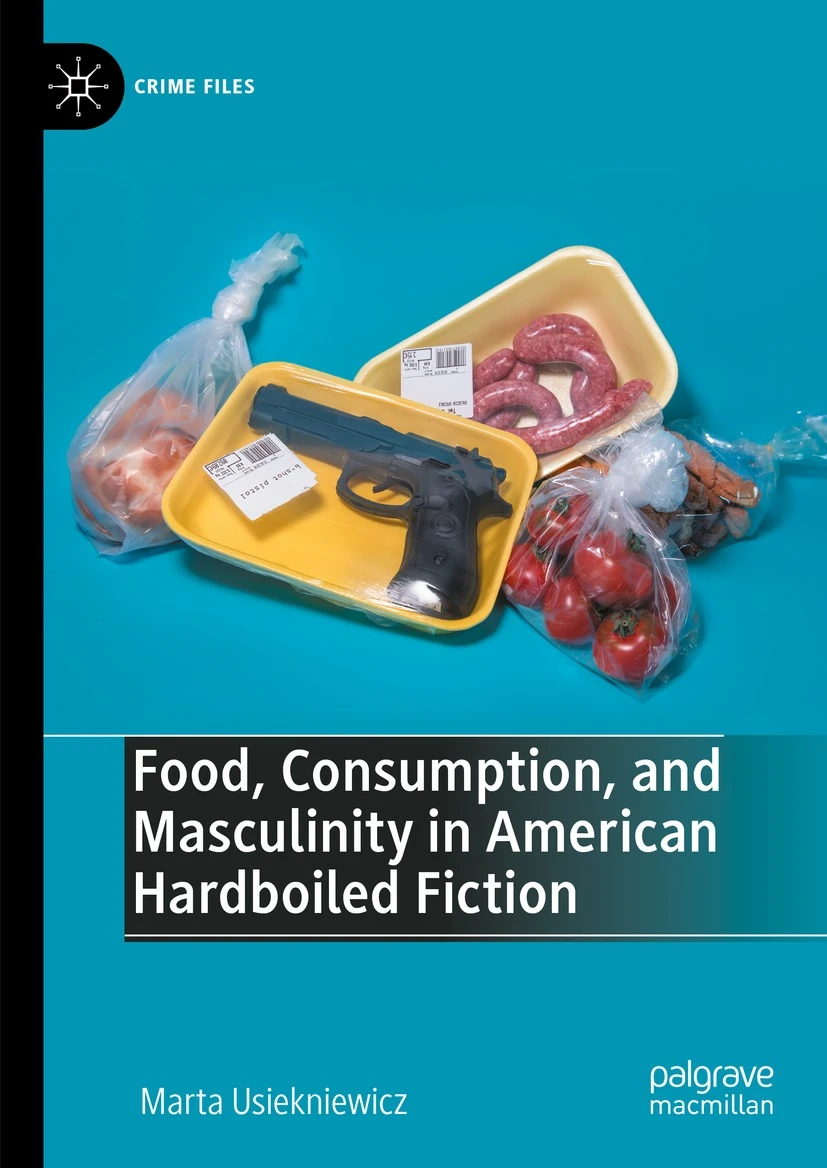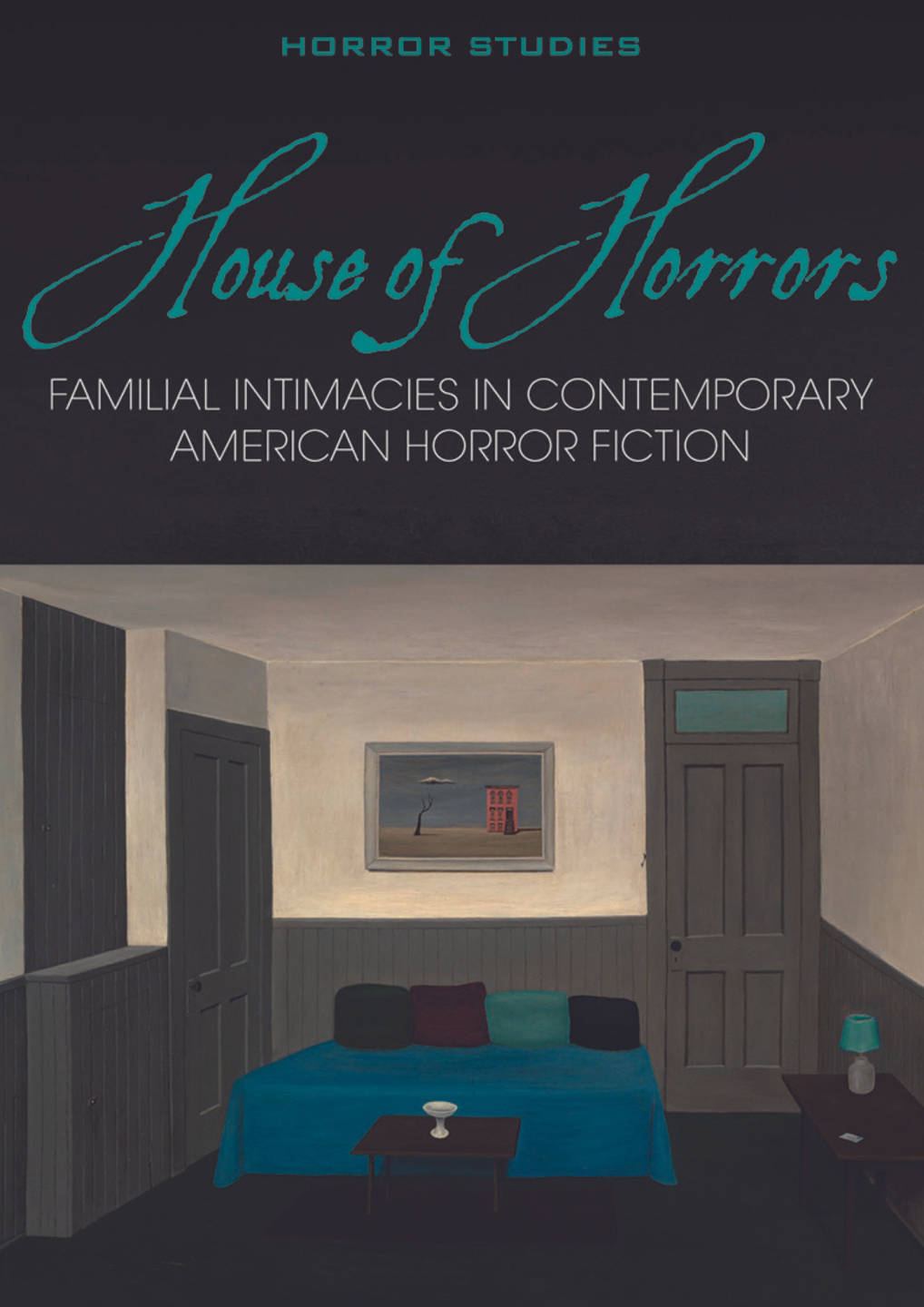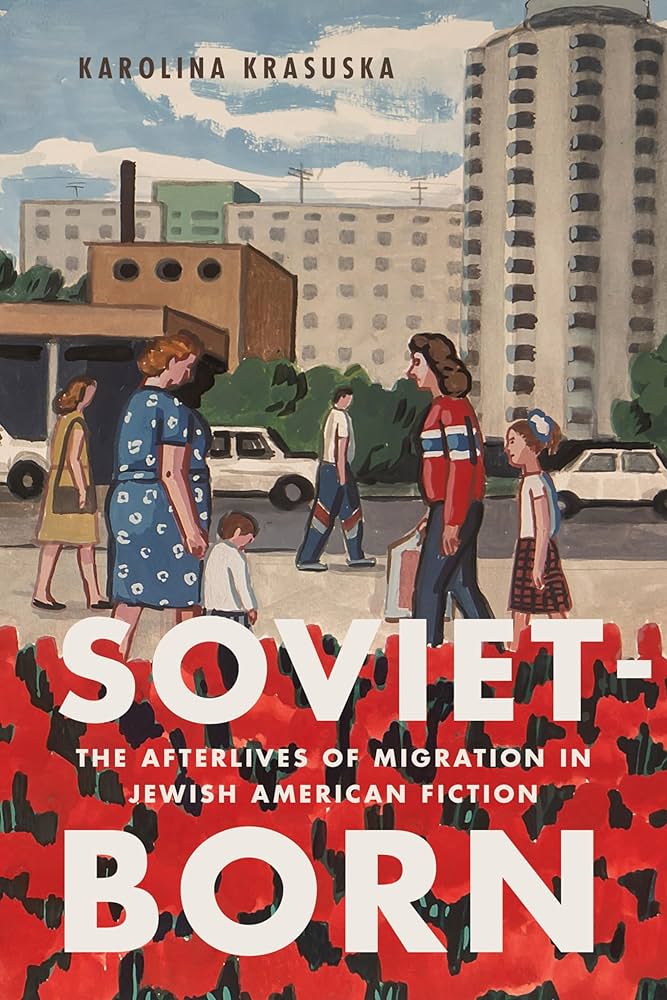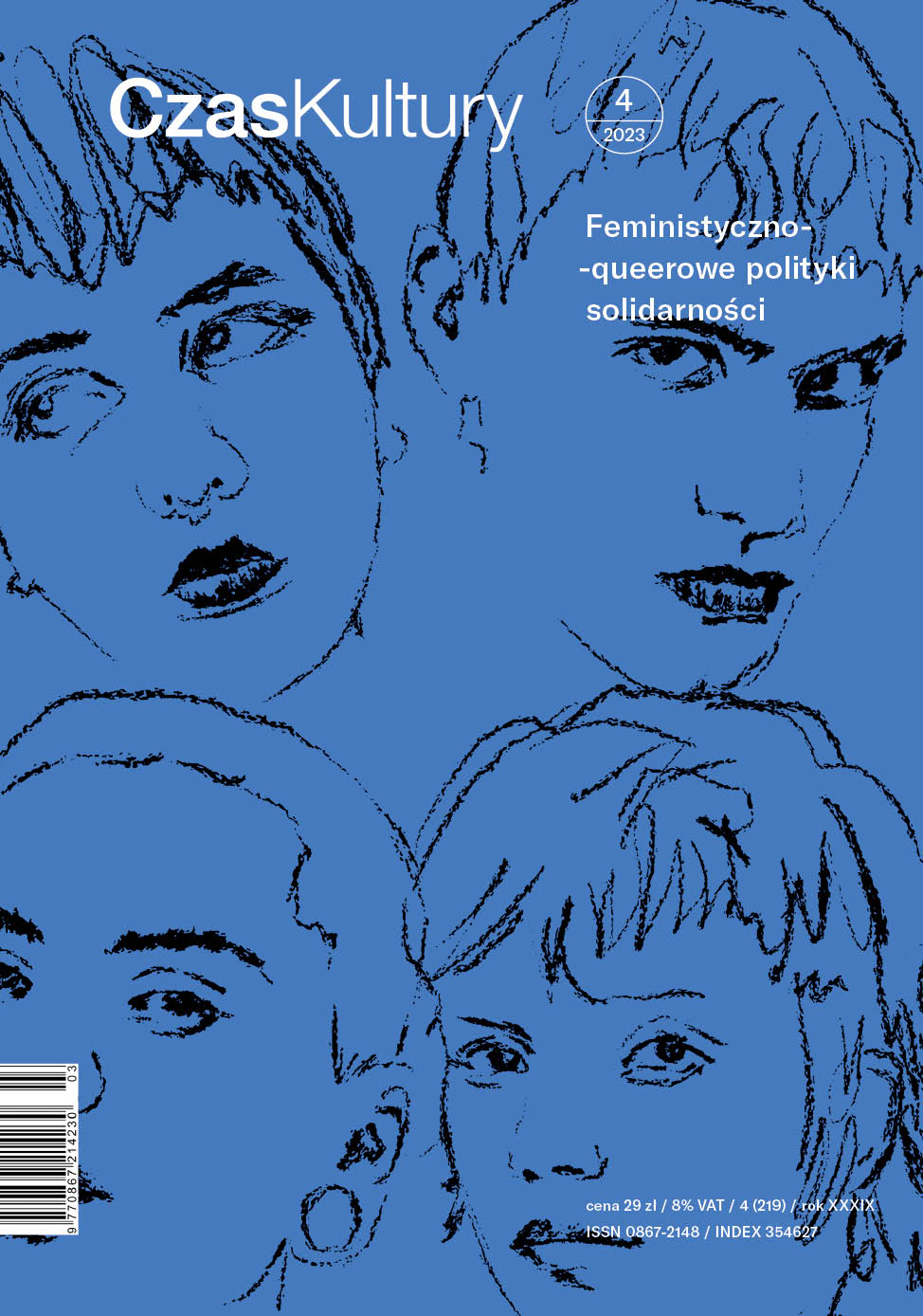Pozostałe publikacje
- Burszta, Jędrzej. „Do czego się było przyznawać, jak nie istniał homoseksualizm?” Różowy język w narracjach pamięci o męskiej homoseksualności w PRL. „Interalia: pismo poświęcone studiom queer” 2019, nr 14, s. 7–27.
- Burszta, Jędrzej. Three circles of male homosexual life in state-socialist Poland, [w:] Queers in State Socialism. Cruising 1970s Poland, red. Tomasz Basiuk i Jędrzej Burszta, Routledge, Londyn 2020, s. 11–22.
- Burszta, Jędrzej. Samuel R. Delany, [w:] Fifty Key Figures in Cyberpunk Culture, red. Anna McFarlane, Graham J. Murphy, Lars Schmeink, Routledge, Nowy Jork 2022, s. 49–54.
- Burszta, Jędrzej. Religious individualism and how young religious LGBT+ persons approach parenthood in Poland. „LUD: Organ Polskiego Towarzystwa Ludoznawczego” 2022, nr 106, s. 208–232.
- Burszta, Jędrzej (w druku). Queerowa cywilizacja mieszkania. Prywatki, przyjęcia i bale a kultura męskiej homoseksualności w PRL, [w:] Odmieńczość: obywatelstwo seksualne i archiwum, red. Tomasz Basiuk, Jędrzej Burszta, Agnieszka Kościańska, Wyd. Uniwersytetu Warszawskiego, Warszawa 2024.
- Burszta, Jędrzej (w druku). Operation Hyacinth and the history of state violence in the People’s Republic of Poland, [w:] Handbook on Sexuality in Central Eastern Europe, red. Agnieszka Kościańska, Anita Kurimay, Kateřina Lišková, Hadley Z. Renkin, Routledge, Nowy Jork 2024.
- Janion, Ludmiła, Milena Chilińska. Bez przyszłości: queerowy sprzeciw „Anhellego” Juliusza Słowackiego w kontekście prób kontynuacji poematu. „Pamiętnik Literacki” [przyjęte do druku].
- Janion, Ludmiła. The Rise and Fall of the Progressive Drag Queen: Westernization of Cross-dressing in 1990s Poland. „Sexualities” 2020, t. 23, nr 7, s. 1179-1198.
- Janion, Ludmiła. „Nie popadajmy w przesadę z tą równością”: płeć mózgu, heteronorma i mistyka naukowości. „Adeptus” 2018, nr 11.
- Janion, Ludmiła. Global Gay and Soviet Queen: Polish Transformation and Discourses of Homosexual Gender Variance. „Central Europe” 2017, nr 1-2, s. 35-44.
- Janion, Ludmiła. „To jest genetycznie zakodowane”: patologizacja i normalizacja transseksualizmu w polskich mediach w latach dziewięćdziesiątych, [w:]: Wykluczenia, red. Joanna Hańderek, Natalia Kućma, Facta Ficta, Kraków 2017, s. 125-144.
- Janion, Ludmiła. Wstydliwa choroba, seksualne oszustwo, wypracowana normalność: odmienność płciowa w polskich filmach dokumentalnych, [w:] Polska transformacja seksualna, red. Anna Jawor, Anna Kurowicka, Scholar, Warszawa 2016, s. 99-124.
- Janion, Ewa, Ludmiła Janion. „Falanga zdrowych mężczyzn reprezentuje normatywne społeczeństwo”? Ideał spartański i współczesne wizje Sparty z perspektywy badań nad męskością, [w:] Sparta w kulturze polskiej. Część II: przekroje, syntezy, konteksty, red. Maria Borowska et al., Sub Lupa, Warszawa 2015, s. 333-356.
- Janion, Ludmiła. State-socialist Heteromasculinity on the Eve of Neoliberalism: Sexual Problems in the First Polish Lifestyle Magazine for Men. „Feminist Media Studies” 2023. Published online: 02 Jun 2023.
- Kamińska, Aleksandra. Failing Adulthood, Queering Girlhood: Perpetual Adolescence in „Broad City” and „Girls”. „The Journal of Popular Culture” 2020, t. 54, nr 5, s. 1046-1065.
- Kamińska, Aleksandra. Reclaiming Adolescent Sexuality: Images of Girlhood in Petra Collins’ „Babe”. „Adeptus” 2017, nr 9.
- Kamińska, Aleksandra. Lekcja przegrywania z Abbi i Ilaną: „Broad City” jako próba redefinicji współczesnych ideałów kobiecości i sukcesu, [w:] Seriale w kontekście kulturowym: dyskurs, konwencja, reprezentacja, red. Daria Bruszewska-Przytuła, Monika Cichmińska, Anna Krawczyk-Łaskarzewska, Alina Naruszewicz-Duchlińska, Instytut Polonistyki i Logopedii Uniwersytetu Warmińsko-Mazurskiego, Olsztyn 2017, s. 133-143.
- Kamińska, Aleksandra. „I Was Modern To His Victorian:” House As a Reflection of the Father-Daughter Relationship in Alison Bechdel’s „Fun Home”. „Kultura Popularna” 2017, t. 54, nr 4, s. 60-67.
- Kamińska, Aleksandra. Expressing the Uncertainty, Reflecting Memory: The Role of Memorabilia in Alison Bechdel’s „Fun Home”, [w:] Spaces of Expression and Repression in Post-Millennial North-American Literature and Visual Culture, red. Izabella Kimak, Julia Nikiel, Wyd. Peter Lang, Frankfurt am Main 2017, s. 93-102.
- Kamińska, Aleksandra. The Witness of the Unspoken Experience: Postmemory in Bernice Eisenstein’s „I Was A Child of Holocaust Survivors”. „Crossroads: A Journal of English Studies” 2016, t. 14, nr 3, s. 58-68.
- Kotwasińska, Agnieszka. Practices of Entanglement: UnReading the Genre in China Miéville’s „The Scar”, [w:] Diffractive Reading New Materialism, Theory and Critique, red. Kai Merten, Rowman and Littlefield, Lanham 2021, s. 175-191.
- Kotwasińska, Agnieszka. Immigrants: „The Lure” (Smoczyńska, 2015) – Monstrous Outsiders, [w:] Monsters: A Companion, red. Simon Bacon, Wyd. Peter Lang, Oxford 2020, s. 41–48.
- Kotwasińska, Agnieszka. Dis/Possessing the Polish Past in Marcin Wrona’s „Demon”. „Humanities” 2020, t. 9, nr 3, 59, https://www.mdpi.com/2076-0787/9/3/59/htm.
- Kotwasińska, Agnieszka. Beyond Death and Mourning in „A Dark Song” and „We Are Still Here”. „Kvinder, Køn & Forskning” („Women, Gender and Research”) 2019, nr 28 (3-4), numer specjalny: Queer Death Studies: Coming to Terms with Death, Dying and Mourning Differently, s. 74-85.
- Kotwasińska, Agnieszka. Slavic Cinema, [w:] The Palgrave Handbook of Contemporary Gothic, red. Clive Bloom, Palgrave Macmillan, Cham 2020, s. 725-743.
- Kotwasińska, Agnieszka. Un/re/production of Old Age in „The Taking of Deborah Logan”. „Somatechnics” 2018, t. 8, nr 2, s. 178-194.
- Kotwasińska, Agnieszka. W stronę kina doznań: Welp i schizoanaliza, [w:] Feministyczne nowe materializmy: usytuowane kartografie, red. Olga Cielemęcka, Monika Rogowska-Stangret, e-naukowiec, Lublin 2018, s. 220-247.
- Kotwasińska, Agnieszka. Życie na przemiał w Hannibalu: nekropolityczna produkcja męskości, [w:] Po humanizmie: Od technokrytyki do animal studies, red. Zuzanna Ładyga, Justyna Włodarczyk, WN Katedra, Gdańsk 2016, s. 109–137.
- Krasuska, Karolina. Poradzieckie: najnowsza żydowska literatura migracyjna w Stanach Zjednoczonych, Wydawnictwo IBL PAN, Warszawa 2021.
- Krasuska, Karolina. Poradziecka prawnuczka: auto/biograficzna narracja międzypokoleniowa w powieści graficznej „Soviet Daughter” Julii Alekseyevej. „Autobiografia” 2020, s. 217-233.
- Krasuska, Karolina. Mina Loy and the Function of the Autobiographical: Revisiting the Long Poem „Anglo-Mongrels and the Rose”. „Teksty Drugie” 2020, nr 1, numer specjalny: Convention and Revolution, s. 201-215.
- Krasuska, Karolina. Gendering the Holocaust Gallery in POLIN Museum of the History of Polish Jews. „European Journal of Women’s Studies” 2019, t. 26, nr 3, numer specjalny: Gendered Memory, s. 247-260.
- Krasuska, Karolina. Did Soviet State Socialism Kill Patriarchy?. „Perspectives: The Magazine of the American Association of Jewish Studies”, spring 2009: The Patriarchy Issue, http://perspectives.ajsnet.org/patriarchy-issue/did-soviet-state-socialism-kill-patriarchy/.
- Krasuska, Karolina. Piotr Odmieniec Włast, [w:] …Czterdzieści i Cztery. Figury Literackie. Nowy Kanon, red. Monika Rudaś-Grodzka et al., Wydawnictwo IBL PAN, Warszawa 2017, s. 509-519.
- Krasuska, Karolina. Narratives of Generationality in 21st-Century Jewish North American Literature: Krauss, Bezmozgis, Kalman. „Eastern European Jewish Affairs” 2016, t. 46, nr 3, numer specjalny: The New Wave of Russian Jewish American Culture, s. 285-310.
- Women and the Holocaust: New Perspectives and Challenges, red. Andrea. Pető, Louise Hecht, Karolina Krasuska, Wydawnictwo IBL PAN, CEU Press, Warszawa 2015.
- Krasuska, Karolina. Gender, Maskarada, Postkolonializm, Intersekcjonalność, Subwersja, Transgender, [w:] Encyklopedia Gender, red. Monika Rudaś-Grodzka et al., Wydawnictwo IBL PAN, Warszawa 2014.
- Krasuska, Karolina. Jaki gender jest, każdy widzi: podstawowe terminy, [w:] Gender: Przewodnik Krytyki Politycznej, red. Krytyka Polityczna, Wydawnictwo Krytyki Politycznej, Warszawa 2014, s. 46-54.
- Krasuska, Karolina. Płeć i naród: trans/lokacje. Maria Komornicka / Piotr Odmieniec Włast, Else Lasker-Schüler, Mina Loy, Wydawnictwo IBL PAN, Warszawa 2012.
- Haschemi Yekani, Elahe, Daniela Hrzán, Jana Husmann-Kastein, Carsten Junker, Karolina Krasuska, Beatrice Michaelis, Where, When and How? Contextualizing Intersectionality, [w:] New Subjectivities: Negotiating Citizenship in the Context of Migration and Diversity, red. Dorota Golańska, Agnieszka Różalska, Wydawnictwo Uniwersytetu Łódzkiego, Łódź 2009, s. 19-47.
- Krasuska, Karolina. Gra w przekład, [w:] Judith Butler, Uwikłani w płeć, Wydawnictwo Krytyki Politycznej, Warszawa 2008, s. 264-269.
- Krasuska, Karolina, Ludmiła Janion, Marta Usiekniewicz. „Accessing Bodies That Matter: On Queer Activist Practices of Translation”. Translation and Interpreting Studies 2021, t. 16, nr 2, s. 240-262.
- Krasuska, Karolina. Soviet-Born: The Afterlives of Migration in Jewish American Fiction, Rutgers University Press, New Brunswick 2024.
- Kurowicka, Anna. Asexual and Genderless Futures, [w:] The Routledge Companion to Gender and Science Fiction, red. Sonja Fritzsche, Wendy Pearson, Keren Omry, Lisa Yaszek, Routledge, Nowy Jork 2023, s. 72-78.
- Kurowicka, Anna. The Ace Art of Failure: Asexuality and BoJack Horseman, [w:] The Routledge Companion to Gender, Sexuality, and Culture, red. Emma Rees, Routledge, Nowy Jork 2022, s 248-260.
- Kurowicka, Anna. Cyberpunk ucieleśniony: Feministyczne reinterpretacje gatunku. „Teksty Drugie” 2021, nr 6, s. 91-108.
- Kurowicka, Anna. Allucquére Rosanne Stone, [w:] Fifty Key Figures in Cyberpunk Culture, red. Anna McFarlane, Graham J. Murphy, Lars Schmeink, Routledge, Nowy Jork 2022, s. 220-225.
- Kurowicka, Anna. Asexuality, [w:] The Handbook of Social Work and Sexualities, red. SJ Dodd, Routledge, New York 2021, s. 37-55.
- Kurowicka, Anna, Marta Usiekniewicz. Fat Girl’s Wet Dream: Girl Sexuality, Fatness, and Mental Disability in My Mad Fat Diary. „Fat Studies” 2021, nr 10, s. 7-20.
- Kurowicka, Anna. „The only story I will ever be able to tell”: Nonsexual Erotics of Friendship in Donna Tartt’s „The Secret History” and Tana French’s „The Likeness”. „Feminist Formations” 2020, nr 32, s. 24-50.
- Kurowicka, Anna. „Aliens” Speaking Out: Science Fiction by Autistic Authors. „Przegląd Kulturoznawczy” 2020, nr 3 (45), s. 261-277.
- Kurowicka, Anna. Przyszłość bez płci i pożądania. „Teksty Drugie” 2019, nr 5, s. 80-97.
- Kurowicka, Anna, Ela Przybylo. Polish Asexualities: Catholic Religiosity and Asexual Online Activisms in Poland, [w:] LGBTQ+ Activism in Central Eastern Europe, red. Radzhana Buyantueva, Maryna Shevtsova, Palgrave Macmillan, Cham 2019, s. 289-311.
- Kurowicka, Anna. Sherlocka Holmesa droga do „normalności”. „Studia de Cultura” 2018, nr 10 (1), s. 125-136.
- Kurowicka, Anna, Ewa Serafin, Ewa Wróblewska-Trochimiuk. The (Lost) Voice of a Woman: the Gorgonowa Case in Irena Krzywicka’s Narrative. „Poznańskie Studia Slawistyczne” 2016, nr 11, s. 127-142.
- Polska transformacja seksualna, red. Anna Kurowicka, Anna Jawor, Wyd. Naukowe Scholar, Warszawa 2016.
- Kurowicka, Anna. Wpływ kontekstu religijnego i kulturowego na konceptualizowanie aseksualności – przypadek Polski, [w:] Polska transformacja seksualna, red. Anna Kurowicka, Anna Jawor, Wyd. Naukowe Scholar, Warszawa 2016, s. 39-57.
- Kurowicka, Anna, Marta Usiekniewicz. How Neo-Victorian are the 21st Centuries Emanations of Sherlock Holmes: BBC’s „Sherlock” and CBS’s „Elementary”, [w:] We the Neo-Victorians: Perspectives on Literature and Culture, red. Dorota Babilas, Lucyna Krawczyk-Żywko, Wyd. Uniwersytetu Warszawskiego, Warszawa 2013, s. 165-184.
- Kurowicka, Anna. Contested Intersections: Asexuality and Disability, Illness, or Trauma. „Sexualities” 2023. https://doi.org/10.1177/13634607231170781.
- Mąkowska, Joanna. “Korpor(e)alna materialność i nomadyczna podmiotowość według Rosi Braidotti.” Po humanizmie. Od technokrytyki do animal studies, red. Zuzanna Ładyga and Justyna Włodarczyk. Gdańsk: Wydawnictwo Naukowe Katedra, 2016, s. 138-155.
- Mąkowska, Joanna, Marta Werbanowska. “Staggerlee rozmyśla: czytanie poezji Baldwina w czasach ruchu Black Lives Matter,”[w:] James Baldwin. Mistrzowie Literatury Amerykańskiej, red. Anna Pochmara, 317-340. Warszawa: Wydawnictwa Uniwersytetu Warszawskiego 2021, s. 317-340.
- Mąkowska, Joanna. “Poetic thinking in the Anthropocene”, [w:] Women’s Studies: An Interdisciplinary Journal 2021, t. 50, nr 8, s. 791-797.
- Mąkowska, Joanna. „’Begin with the Material’: Adrienne Rich’s Nomadic Poetics” [w:] Arizona Quarterly: A Journal of American Literature, Culture, and Theory 2022, t. 78, nr 2, s. 43-67.
- Mąkowska, Joanna. “Archiving the Wasteland: Docu-poetics of Mina Loy and Jennifer Scappettone,”[w:] Places that the map can’t contain: Poetics of the Anthropocene, red. Julia Fiedorczuk, Paweł Piszczatowski, Göttingen: Vandenhoek & Ruprecht, 2023, s. 213-235.
- Mąkowska, Joanna. “Embodiment as an ‘Ongoing Formal Experience’”: New Materialist Encounters with Ecopoetics,” [w:] The Routledge Companion to Ecopoetics, red. Julia Fiedorczuk, Mary Newell, Orchid Tierney, Bernard Quetchenbach, Nowy Jork: Routledge, 2023, s. 67-79.
- Mąkowska, Joanna. “Mina Loy’s Nomadic Politics of Pain”, [w:] Modernism/Modernity Print Plus 7/3 “Body Politic in Pain” (2023).
- Mąkowska, Joanna. „The Architecture of Love in the Poetic Thinking of James Baldwin and Jericho Brown”, [w:] James Baldwin Review 2023, t. 9, nr 1, s. 70-88.
- Mąkowska, Joanna. “Adrienne Rich”, [w:] The Encyclopedia of Social Justice in Education. Londyn: Bloomsbury, 2024, w druku.
- Pamuła, Natalia, Agnieszka Król, Agnieszka Wołowicz. Paradoksy widzialności: o związkach teorii queer ze studiami o niepełnosprawności. „Teksty Drugie” [przyjęte do druku].
- Pamuła, Natalia. Kalekie świadectwa. Niepełnosprawność i protesty w Polsce 2018-2020. „Przegląd Kulturoznawczy” 2021, nr 50 (4), s. 698-714.
- Pamuła, Natalia. Ordinary Trauma: Twenty-One Disabled Women Surviving the 1989 Polish Transformation. „Aspasia: The International Yearbook of Central, Eastern, and Southeastern European Women’s and Gender History” [przyjęte do druku]
- Pamuła, Natalia. Out of Place, Out of Time: Intellectual Disability in Late Socialist Polish Young Adult Literature, [w:] Re/Imaginations of Disability in State Socialism: Visions, Promises, Frustrations, red. Katerina Kolarova i Martina Winkler, Wyd. Campus Verlag, Frankfurt/New York 2021, s. 295-317.
- Pamuła, Natalia. Czy adoptowałeś już niepełnosprawne dziecko?: przyczynek do analizy niepełnosprawności w dyskursie pro-choice w Polsce. „Teksty Drugie” 2020, nr 2, s. 86-103.
- Pamuła, Natalia. Violent Inclusion: Disability and the Nation in Polish 1950s and 1960s Young Adult Literature. „East European Politics Societies and Cultures” 2020, nr 34 (4), s. 858-878.
- Pamuła, Natalia. Maternal Impressions: Disability Memoirs in Socialist Poland. „Aspasia: The International Yearbook of Central, Eastern, and Southeastern European Women’s and Gender History” 2019, nr 13 (1), s. 95-112.
- Pamuła, Natalia. Precarious Belonging: Blindness, Masculinity, and Work in Polish Young Adult Literature of the 1970s and 1980s. „Canadian Slavonic Papers” 2019, nr 61 (2), s. 186-202.
- Pamuła, Natalia. “Ordinary Trauma: Twenty-One Disabled Women Surviving the 1989 Polish Transformation.” Aspasia: The International Yearbook of Central, Eastern, and Southeastern European Women’s and Gender History16, no. 1 (2022): 130-148.
-
Usiekniewicz, Marta.Visualität [w:] „Fat Studies. Ein Glossar”, red. Anja Herrmann et al., transcript, Bielefeld 2022.
-
Usiekniewicz, Marta. Crip Appetites: American Gastrodystopias in the Graphic Series „Chew”. „Przegląd Kulturoznawczy” 2021, nr 1 (47), s. 150-165.
- Usiekniewicz, Marta. „Success to crime,” or Sam Spade’s Consumption Habits in Dashiell Hammett’s „The Maltese Falcon:” Consumption and Control, [w:] Food and Drink in Contexts, red. Paweł Hamera, Andrzej Kuropatnicki, Artur Piskorz, Wyd. Naukowe Uniwersytetu Pedagogicznego, Kraków 2019, s. 117-150.
- Pamuła, Natalia, Magdalena Szarota, Marta Usiekniewicz. Nic o nas bez nas. „Annales Universitatis Paedagogicae Cracoviensis. Studia de Cultura” 2018, nr 10 (1), s. 4-13.
- Usiekniewicz, Marta. Dangerous Bodies: Blackness, Fatness and the Masculinity Dividend. „InterAlia: A Journal of Queer Studies” 2016, nr 11a, numer specjalny: Ugly Bodies: Queer Perspectives on Illness, Disability, and Aging, s. 19-45.
- Usiekniewicz, Marta. No Genre for Old Men: Age and Masculinity in Michael Winner’s 1978 „The Big Sleep”. „Panoptikum” 2015, nr 14, s. 14-29.
- Usiekniewicz, Marta. The Eating Detective: Food and Masculinity in Robert B. Parker’s Spenser Series, [w:] Crime Scenes: Modern Crime Fiction in an International Context, red. Agnieszka Sienkiewicz-Charlish, Urszula Eliasz. Wyd. Peter Lang, Warszawa 2014.
- Usiekniewicz, Marta. Food, Consumption, and Masculinity in American Hardboiled Fiction. Palgrave Macmillan, New York 2023.
- Franks, Rachel, Donna Lee Brien, Marta Usiekniewicz. Murder, They Cooked: the Role of Food in Crime Fiction’ in Detective and Thriller Fiction of the 1920s. Tom pokonferencyjny „4th Annual Conference Popular Culture Association of Australia and New Zealand” (PopCAANZ), Brisbane, Australia 2013, s. 41-51.
- Usiekniewicz, Marta. Błędny rycerz patriarchatu: wzorce męskości reprezentowane przez chandlerowskiego Philipa Marlowe’a, [w:] Kryminał – gatunek poważ(a)ny, red. Tomasz Dalasiński, Tomasz Szymon Markiewka. Interdyscyplinarne Czasopismo Humanistyczne „Prolog”, Poznań 2013.





